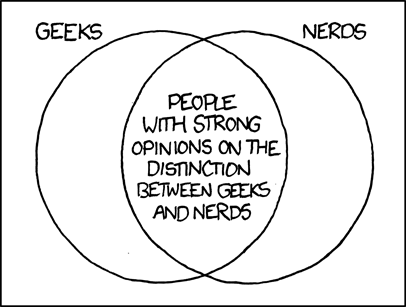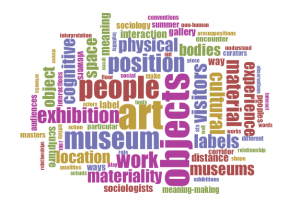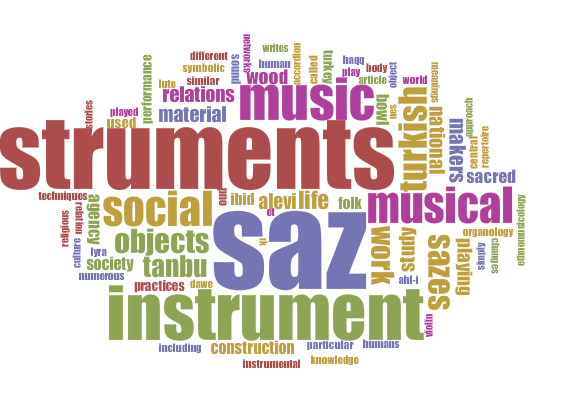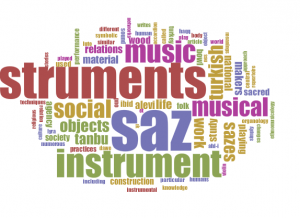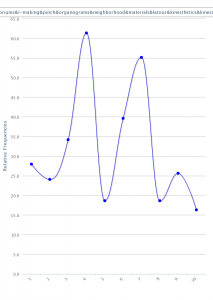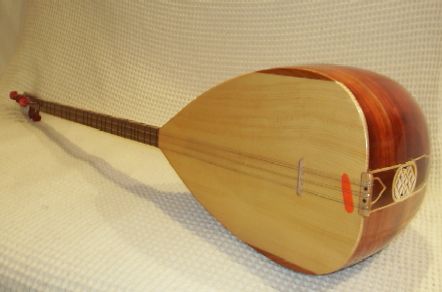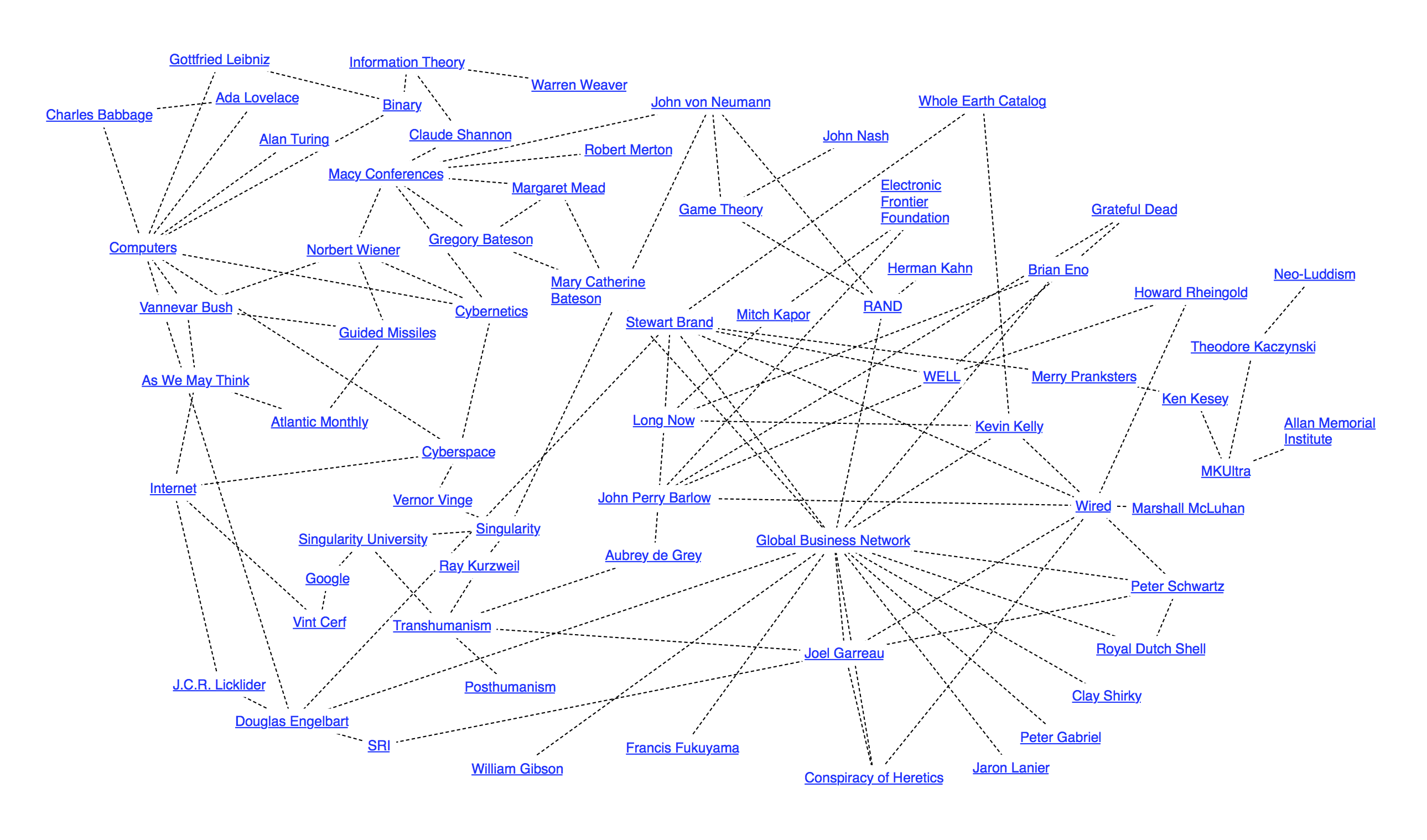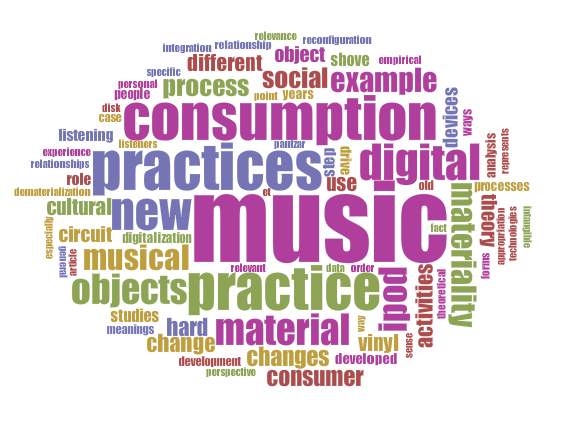SOCI/ANTH 441 Material Culture
Week 6, October 8 2014
Phase II
Project
Part I
- Due at midnight
- Feedback to buildup
- Keep on going on
Parts II and III
Doing sociology and/or anthropology from object
Pretty Open
- Can be straight up “paper”
- Can be creative
- Can be ethnographic
- Can be experimental
- Can be content-based
- Can be quantitative
Well-Informed
- Academic literature
- Cite, quote, pay lipservice, and dig deeper
- Notice patterns
- Academic dialogue
- Still empirical
Material Culture as Field
- Sociology and/or anthropology
- STS, SCoT, ANT, affordances, consumer culture, sociology of art, taste, archæology, folkloristics, cultural studies, sociomateriality, museum studies, art history, politics of artefacts, sensory anthropology…
- Assemblage, bricolage, mix, blend
Part II: Presentation
- More than “show and tell”
- Sharing
- Working together
- Peer-learning
- May be small group
- Schedule soon
Core Texts: Prell and Van Osch
- Case studies
- Methodology and approaches
- SCoT on actors and sociomateriality through affordances
- Less about physical objects
- Even nonmaterial artefacts (words, software)
Prell
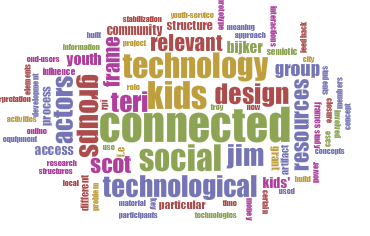
technology, technological, actors, design, scot, frame, bijker, community, artifact, semiotic, frames, material
Van Osch
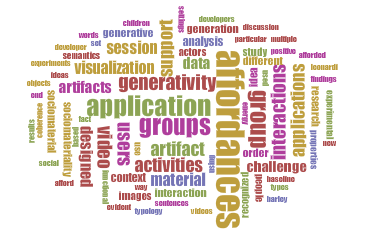
affordances, application, generativity, artifact, interactions, applications, visualization, material, artifacts, sociomateriality, sociomaterial, generative, generation, actors



